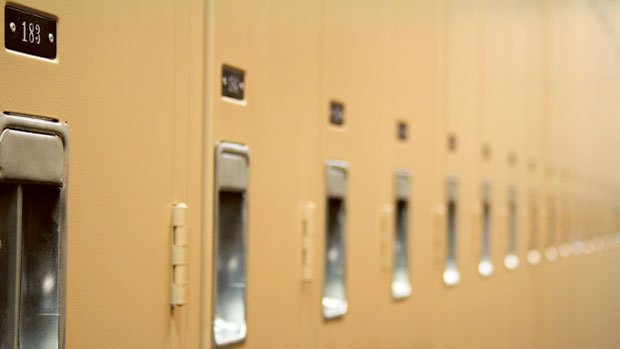
Dubai: The lack of access to safe deposit lockers in the country despite their availability at some prominent banks has sparked a number of complaints by residents who want to use them to keep their valuables safe.
Several well-known banks in Dubai which provide this facility such as Emirates NBD and First Gulf Bank (FGB) ) have either been listing policies that make it very difficult for residents to qualify for the issuance of a locker or have even been turning away some customers due to the long waiting list that can last up to five years. Other banks like HSBC have chosen to get rid of this facility altogether.
“The facility is very rare in the UAE unlike in India. Some banks don’t offer the facility altogether and we are always concerned about where to keep our jewellery, documents and other valuables because keeping them at home can never be safe. If our house catches a fire or if burglar breaks in, everything is gone,” said Nisha Kumar from India.
Kumar said that it was very difficult for many of her relatives living here to rent a locker because they cannot afford the deposit and rental fees they will have to pay the banks. She also said that the formalities that women have to go through to get a locker can also be a headache.
Among the banks that have changed their policies is Emirates NBD who used to provide the facility to anyone with a bank account at their bank and for a nominal rental fee and a small deposit.
In a statement to Gulf News, Emirates NBD said that they only offer this facility to customers of their bank. “Lockers are offered for priority and private banking customers who would need to maintain a minimum relationship of Dh1 million to qualify for the issuance of a locker. Lockers are available at ten selected branches across the UAE and available in sizes of small, medium, large, XL and XXL.”
First Gulf Bank said they have had this policy long before with a refundable deposit of Dh3,000, but “due to limited availability, [they] are aiming this service at high net income individuals who can maintain a minimum of Dh500,000 relationship with FGB.”
Posing as a customer Gulf News contacted a bank and the customer service agent said, “We provide this facility, and all you need is to open an account with us and pay a deposit of Dh1,000, but right now the lockers are full and there’s a waiting list of 150-200 customer which might take up to five years.”
Satish Sarath, another Indian resident, said his only solution was to keep all the emergency documents, important certificates and jewellery in different pieces of baggage and then hide them in different places in his house.
“The facility is expensive and also rare to find. I tried several times to rent a bank locker and the prices were too high. So I told them goodbye and walked out. Getting your own safe in the house invites trouble and thieves,” said Sarath.
He also said that the lockers on sale in the market don’t fit anything and the big ones are expensive and very heavy to move.
“Our things will never be protected and are at risk of getting destroyed if our house catches fire. We have began renting a locker in India and moving our things there every year. We never leave them here,” he said.
The UAE Central Bank, which is responsible for monetary policy and banking regulations in the UAE is apparently not responsible for governing such procedures related to the locker facility.
“We don’t regulate or have policies governing the facility at banks here. It depends on each bank to decide how they want to run it. We also haven’t received complaints until now, but if we do we will contact these banks,” said an official from the Central Bank told Gulf News.
A bank employee, who declined to be named, elaborated on the issues associated with having this facility at the banks.
“This facility is expensive for the banks themselves because of the exceptional security requirements and high insurance costs they need to arrange. It becomes difficult and inconvenient for them, which is why they stop providing the facility or decide on changing their policies,” he said.








